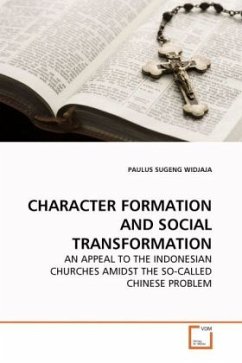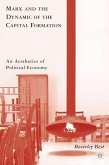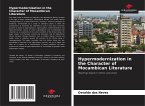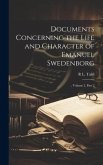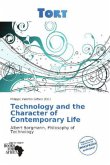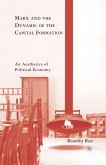This study shows that the so-called Chinese problem in Indonesia, rooted in the hatred, prejudice between the Chinese, the indigenous and in the unjust social set-up that is established for the interests of the ruling regime. Related to this, the stories of Jesus' table fellowship in the Gospel of Luke could serve as divine vision for reconciliation between the Chinese and the indigenous. Hence the Indonesian churches should form the character of the Chinese and the indigenous to become persons of embrace, forgiveness, love and justice, by helping them to acquire, cultivate, and practice Christian virtues; by helping them to acknowledge conformation to Christ and the kingdom of God as their telos; by providing Christian narratives through which they can interpret the reality of the world and other narratives, by providing social practices by which they are enabled to recognize and perform Christian virtues. The Indonesian churches should also transform society by being the Churchof the Incarnate Christ (the participating church); by being the Church of the Crucified Christ (the redeeming church); and by being the Church of the Risen Christ (the modeling church).
Bitte wählen Sie Ihr Anliegen aus.
Rechnungen
Retourenschein anfordern
Bestellstatus
Storno

